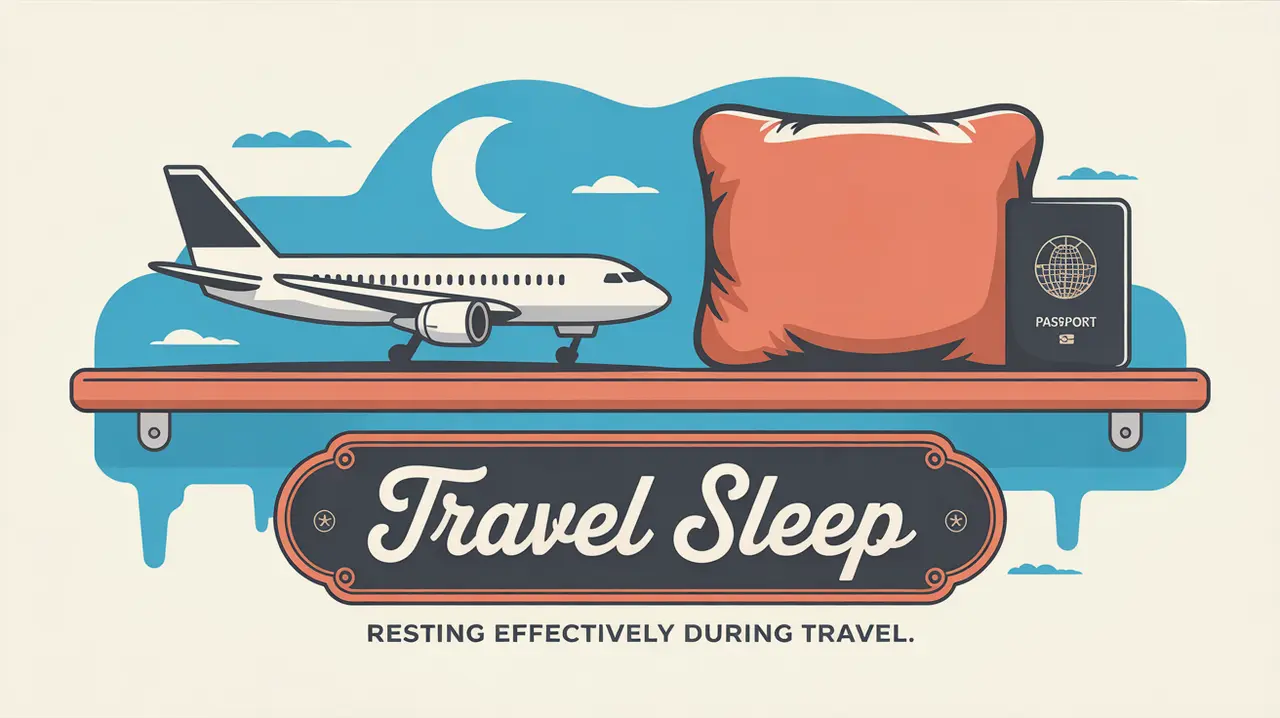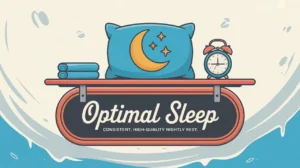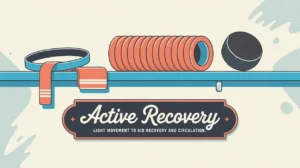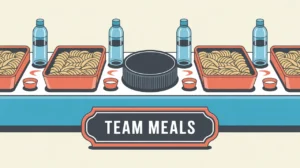Jim’s Intro to Travel Sleep
Hi folks, Jim here, the only commentator who once tried to nap on a team bus next to the goal horn. Let’s just say I had very loud dreams.
What is travel sleep?
Travel sleep is the ability to maintain restorative rest while on the road, despite unfamiliar beds, tight schedules, and noisy environments. For hockey players, especially in competitive leagues and tournaments, good travel sleep can be the difference between fresh legs and foggy skating.
How does it work?
Travel sleep relies on preparation, adaptability, and smart recovery strategies:
- Consistent Routines: Carrying familiar pre-sleep habits on the road helps the body know when to rest.
- Sleep Kits: Eye masks, earplugs, neck pillows, and layered clothing help mimic home conditions.
- Hotel Room Setup: Controlling light, temperature, and noise makes unfamiliar spaces more restful.
- Strategic Napping: Short naps during travel help make up for lost hours without ruining night sleep.
- Adjusting to Time Zones: Gradual shifts before travel reduce jet lag for tournaments across regions.
How do you make good decisions with it?
- Plan Ahead: Pack sleep essentials and check hotel conditions early.
- Stick to Core Routines: Keep wind-down habits even on busy road trips.
- Be Flexible: Accept that conditions won’t be perfect and focus on making them better, not perfect.
- Hydrate Smartly: Travel can dehydrate, which worsens sleep.
- Use Naps Strategically: Fill gaps without throwing off your circadian rhythm.
How do you master it?
Mastering travel sleep takes practice and consistency. Experienced players know what environments, routines, and tools help them sleep well no matter where they are. Over time, the body learns to rest efficiently on the road.
What does it look like when done right?
Good travel sleep looks calm and composed. Players arrive rested, focused, and ready to perform even after long trips, with fewer sluggish starts in early games.
Commentator’s Corner
Jim’s Take
Travel sleep is like penalty killing. Conditions aren’t ideal, but if you stay disciplined, you still come out ahead.
Parent Tip
Help younger players pack a simple travel sleep kit so they feel comfortable away from home. Familiar items make a difference.
Player Tip
Learn your ideal travel sleep setup early. The more you can replicate home conditions, the better you’ll recover on the road.
A Final Thought
Travel sleep is a performance skill in its own right. Master it, and long road trips stop being energy drains and start becoming smooth pit stops on the way to great games.

